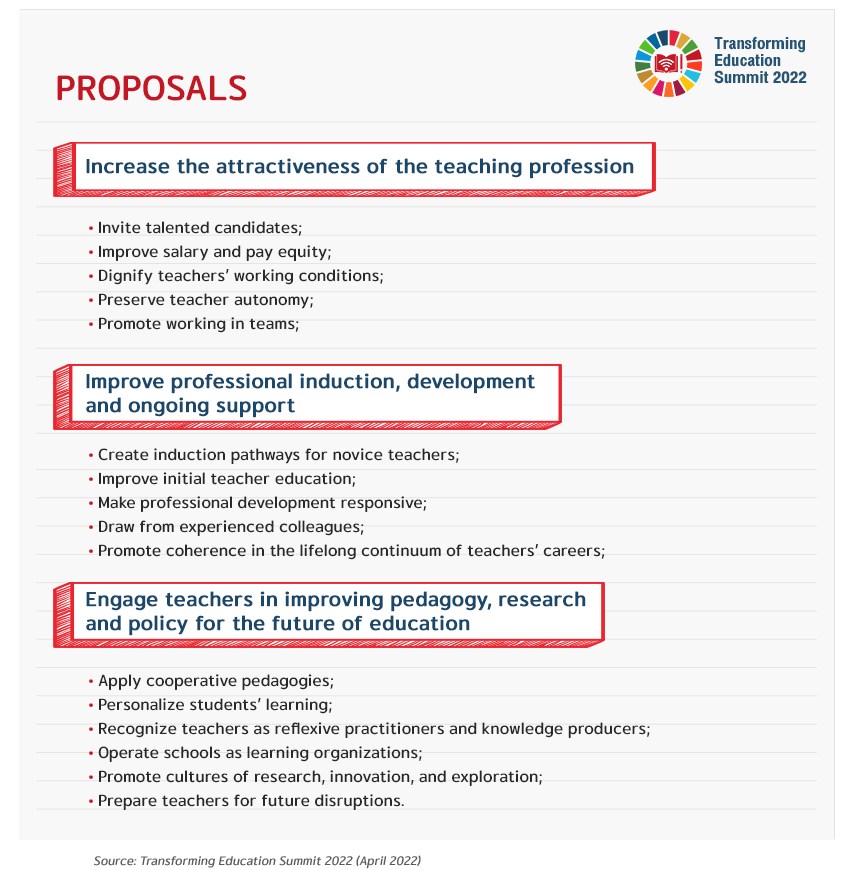
Over the past few decades, there has been a significant increase in demand for qualified teachers due to expanding educational access. Despite that pervasive in the public consciousness is the importance of quality teaching; however, teachers have increasingly become under-recognized, appreciated, paid, and supported. Well-trained and experienced teachers are unequally distributed among regions and populations, with pronounced variations between urban and rural settings as well as between schools serving children from diverse socioeconomic strata and cultural backgrounds.
Ironically, it is a novice, voluntary or underqualified teachers that predominantly work in environments that require the best and most experienced teachers — clearly, consequently with significantly high turnover and attrition. Due to demand outstripping supply, the share of qualified teachers in many regions is smaller than twenty years ago. This is in addition to the pressures of rapid change, rising societal expectations, and precarious working conditions placed upon them, all of which exacerbate the outpacing of demand growth.
The concern of teacher shortage is a real issue shadowing everywhere; 70 million new primary and secondary teachers will need to be recruited worldwide by 2030 to meet the targets of SDG4 barely. Teacher qualification will also be required, particularly in those countries with limited opportunities for higher education and those with the fastest-growing school-aged populations. With that being said, teaching salaries have declined over the past few decades. Qualified teachers will keep leaving the profession to seek livable wages in others unless wage depreciation is solved. And it is with gender inequities that the issue must be addressed; An increase of female teachers in some countries has given rise to excuses for wage cuts, resulting in widening pay gaps, particularly for early childhood and primary education professionals.
Pressures on teachers will likely continue to increase, including those to address learning loss following the COVID-19 pandemic and subsequent widening gaps in education and employment opportunities, health and safety, technological adoption and adaption, among many other unanticipated disruptions, for which teachers are on the “frontlines.” To address this, here are some proposals included in the Reimagining Our Futures Together: A New Social Contract for Education report of the International Commission on the Futures of Education.

Bearing in mind that teachers play a critical role in providing quality education and supporting the transformation of education, the Thai government will ensure that they are well-equipped with innovative learner-centered pedagogical skills and competencies to manage diverse classroom environments. They will also be provided with more opportunities to reskill and upskill to enable them to keep pace and stay up in the volatile, uncertain, complex, and ambiguous, or VUCA, world. Furthermore, they will be provided with strong support structures, including digital platforms and adequate opportunities to exchange with peers, which will encourage collaborative learning and improve best teaching practices through professional learning communities (PLC).
Source: Transforming Education Summit 2022 (April 2022)

